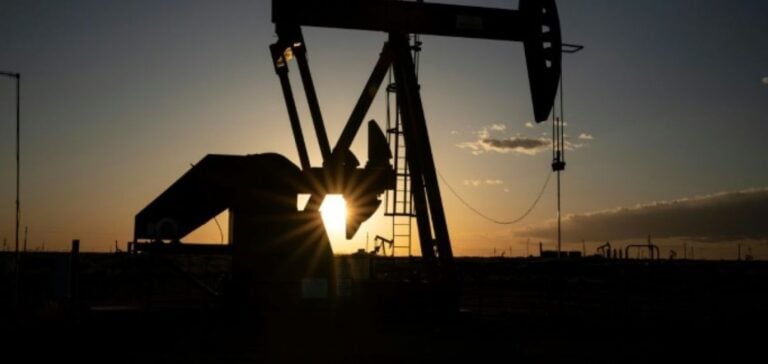Suriname, a small country in northern South America, has reached an agreement with China to restructure its $475.7 million debt. This agreement marks the first phase in the process of debt rescheduling, according to official statements from the Debt Management Office. The deal was announced in a statement, though the exact details of the agreement were not disclosed.
Collaborative International Effort
The framework agreement, a necessary prerequisite, was signed before proceeding with restructuring. The initial phase addresses arrears accumulated through 2021 as well as interest payments and repayments scheduled from 2022 to 2024. Malty Dwarkasing, General Administrator of the Debt Management Office, explained that these amounts have been spread over a longer period to ease Suriname’s immediate financial burden.
Untapped Oil Opportunities
In addition to this agreement with China, Suriname has also negotiated settlements with other international creditors. Commercial bondholders such as Oppenheimer and agreements with the Paris Club and India have already been concluded. These steps reflect the extensive efforts undertaken to stabilize the country’s economy, according to Karel Eckhorst, a member of the negotiation team associated with the International Monetary Fund (IMF).
Future Challenges
Although Suriname theoretically possesses significant offshore oil reserves, exploitation has been slow to materialize. A major development occurred in October 2024, when TotalEnergies, the French oil giant, announced a $10.5 billion investment to exploit these oil fields. Production is expected to begin by 2028, offering hope for substantial revenue to revitalize an economy that is currently among the weakest in the region.
If managed effectively, oil revenues could transform Suriname’s economic outlook. However, the country must ensure its debt restructuring efforts pave the way for new investments and strengthen confidence in international markets.






















